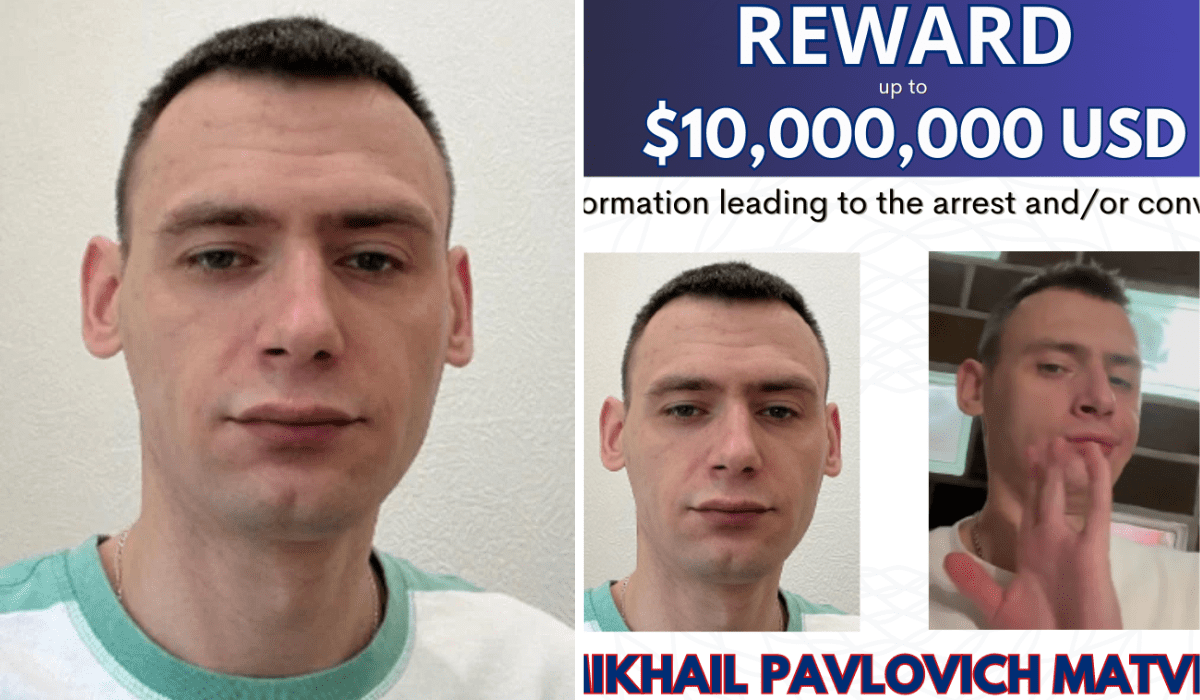A notorious Russian hacker, wanted by the FBI for unleashing ransomware chaos across borders, finds himself at the center of a legal storm as Russia charges him for his alleged cybercrimes. Mikhail Matveev, known by various aliases like m1x, Boriselcin, and Uhodiransomwar, has been a shadowy figure in the digital realm, orchestrating attacks that sent shockwaves through critical infrastructure worldwide.
The U.S. State Department had placed a hefty $10 million bounty on information leading to Matveev’s capture, painting him as a mastermind behind ransomware operations targeting entities ranging from law enforcement agencies to nonprofit organizations. His affiliations with hacking groups like Hive, LockBit, and Babuk only added layers to his enigmatic persona.
Assistant Attorney General Kenneth A. Polite Jr., of the U.S. Justice Department’s Criminal Division, pointed fingers at Matveev for deploying multiple ransomware variants from his Russian base to cripple vital systems globally. The charges brought against him shed light on his alleged involvement in high-profile ransomware attacks on organizations such as law enforcement agencies in New Jersey and Washington D.C., raking in massive sums through extortion.
Despite facing previous charges in U.S. courts for cybercrimes, Matveev continued to operate brazenly, engaging with cybersecurity experts under his online moniker RansomBoris. Even after being sanctioned by U.S. authorities, he flaunted defiance by showcasing his wanted poster on a t-shirt—a bold move that symbolized his audacious stance amidst legal scrutiny.
Now, with Russia taking the reins in prosecuting Matveev under Article 273 of its criminal code, questions arise about whether he will face justice on American soil or find sanctuary within Russian borders. The intricate web of international cyber warfare takes center stage as legal battles unfold around this elusive figure who straddles the thin line between criminality and digital innovation.
As experts delve deeper into Matveev’s case, probing into the motives behind his actions and the implications of his arrest on global cybersecurity dynamics, one thing remains certain—his story underscores the evolving landscape of cyber threats and the cat-and-mouse game between hackers and law enforcement agencies striving to outmaneuver each other in this virtual battlefield.
In a world where bytes hold power equivalent to bullets and lines of code can wreak havoc comparable to physical weapons, Mikhail Matveev emerges as a striking character embodying both the allure and dangers lurking within cyberspace—a modern-day enigma whose legacy will be etched in the annals of digital history.
[Include expert analysis or commentary here to provide additional context and insights into the significance of this case within the cybersecurity landscape]









